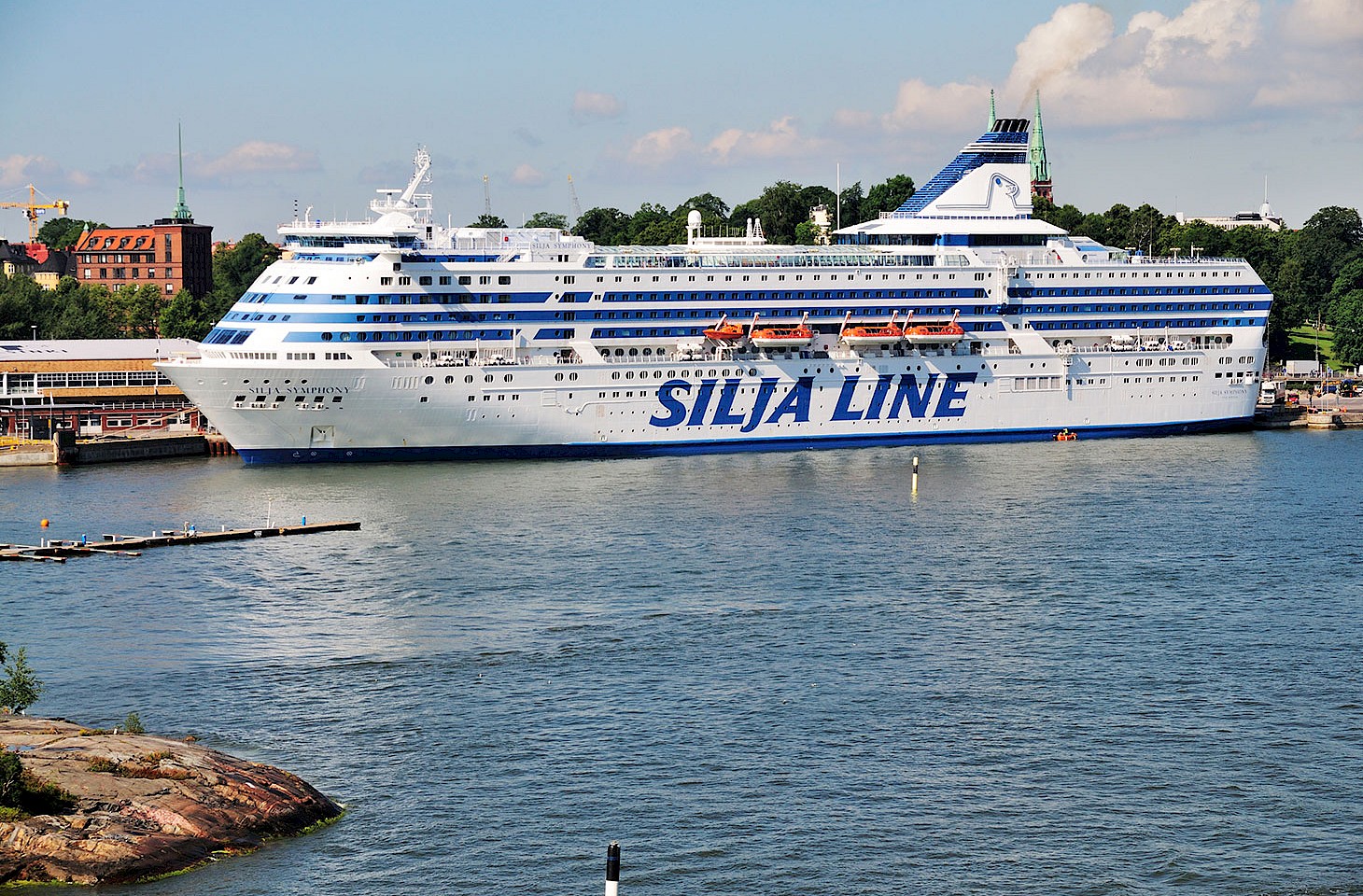Dear fellow travellers
Islands serve well for exile or imprisonment. Think of Napoleon and his 300 days on Elba. That island is the largest in the Tuscan archipelago, and too close to the coast to really have a sense of marine isolation. But the smallest of the seven Tuscan islands is very different. Gorgona lies in the open seas between Corsica and the Tuscan coast. The nearest land is 35 kilometres away.
Gorgona is full of classical connections, its name recalling the three dreadful sisters of Greek mythology. Although once renowned for its delicious anchovies, Gorgona has not otherwise had very positive associations - at least until recently. Gorgona is a prison island, and it has served as a penal colony since 1869.
On Saturdays, if the weather is favourable, a boat leaves from Livorno just after eight in the morning for the 80-minute crossing to Gorgona. It's a bumpy ride through rough seas. Many of those on board are prison staff or family members of those detained on Gorgona. Also on board are specialists from one of Tuscany's most illustrious winemakers. Few boat rides have such a complicated tariff structure. Prison staff get the best deal, while the fare paid by relatives of prisoners depends on the degree of kinship.
But Gorgona is not quite an Alcatraz. With 15 days advance notice, and subject to the approval of the Italian authorities, it is perfectly possible for tourists to visit Gorgona. A one-day trip costs €65 and allows about seven hours on Gorgona. It is a fairly arid landscape. The wilder parts of the island are covered with dense maquis shrubland; elsewhere there are cultivated areas under olives and vines. There are strict rules limiting photography, and visitors are escorted at all times.
Gorgona is home to men who have been convicted of very serious crimes and most have already served long sentences in mainland prisons prior to being moved to Gorgona. The deal is that inmates have much more freedom than in a mainland prison but they must work hard on the island farm. Sea views and hard graft, but with the lure that Gorgona is often the last stop before freedom. Very few who have served time on the island return to lives of crime.
Anchovies are long gone, but another Gorgona product is cutting a dash on the Italian restaurant scene. Ten years ago, the island had an inmate who knew a thing or two about viticulture and he asked if he might rescue the old vineyard which was in a bad state after years of neglect. Two kinds of grapes are grown on Gorgona: the aromatic vermentino, which grows well on nearby Corsica, and the slightly nutty ansonica, a grape which is naturally at home on Sicily where it gives character to the local marsala wines.
With the help of Tuscan winemaker Lamberto Frescobaldi, Gorgona wine has become a remarkable success story. The grapes have just been harvested for the sixth vintage of Frescobaldi's white Gorgona and, if earlier vintages are anything to go by, prices will be nudging €100 a bottle. Prisoners work the island vineyard with guidance from Lamberto Frescobaldi's own staff - and the inmates are paid the same rate as vineyard workers on Frescobaldi's mainland estate.
A number of prisoners who have worked in the vineyard on Gorgona have, following their release, moved to jobs at Frescobaldi's estates in mainland Tuscany. So this is a commercial project with an interesting social twist. Meanwhile, Italian restaurants just cannot get enough of a wine which captures the scents of the maquis and those salty see breezes which sweep over the prison island of Gorgona.
Nicky Gardner and Susanne Kries
(editors, hidden europe magazine)
We have another tale from a prison island, this one in Denmark, in the upcoming issue of hidden europe magazine published on 15 November.


